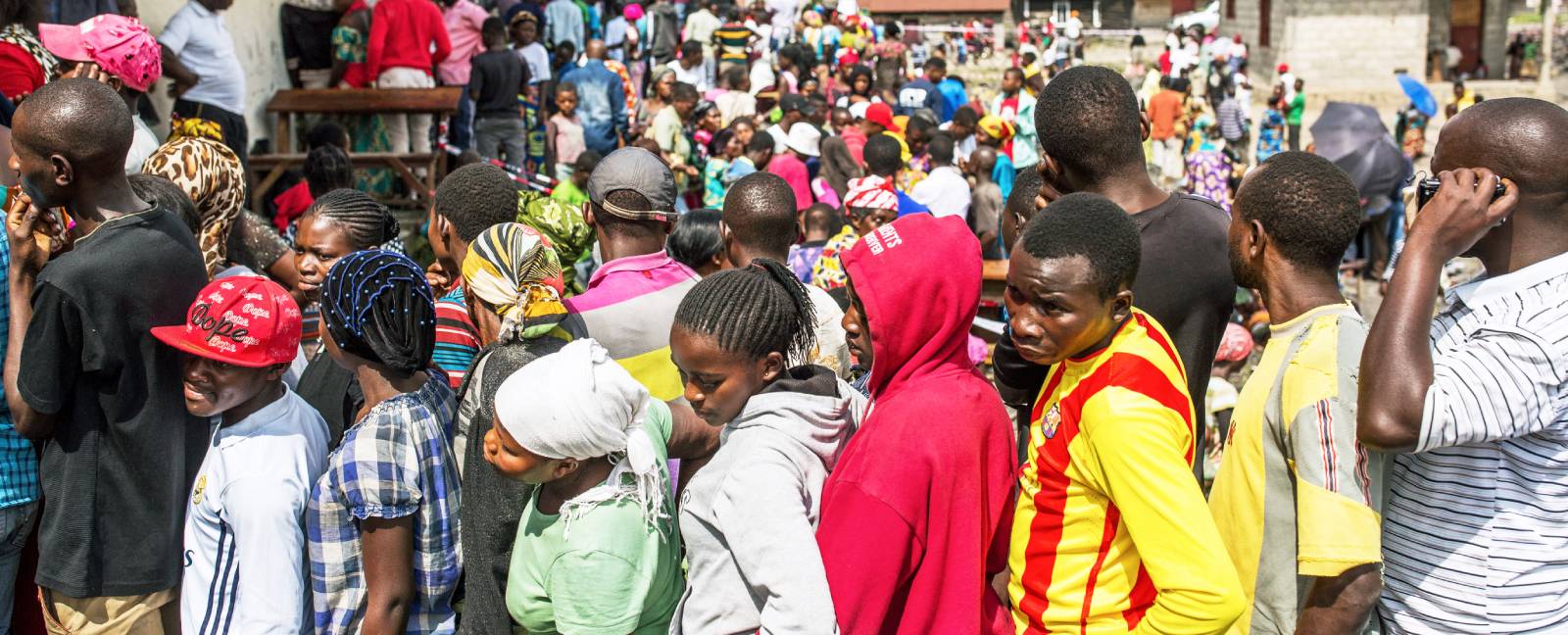
Congolese voters queue to cast their ballots in Sake, North Kivu, during the DR Congo’s 2018 general elections. (Photo: AFP/Patrick Meinhardt)
Africa’s fourth most populous country will head to the polls to elect their president, parliamentary, provincial, and municipal representatives on December 20, 2023. The elections in the Democratic Republic of the Congo (DRC) take place against the backdrop of persistent armed conflict in the east, concerns over the reignition of a regional conflict in the Great Lakes region, questions over the status of the 18,000 troop United Nations peace operations mission (MONUSCO), the destabilizing exploitation of the DRC’s vast natural resources, dozens of active armed militias throughout the country, and the forced displacement of over 7 million of the DRC’s estimated 110 million citizens. Given the country’s location at the heart of the continent, the outcome of DRC’s elections will have direct implications for east, west, central, and southern Africa.
The DRC has endured much trauma following decades of autocratic rule under Mobutu Sese Seko (1965 to 1997) and Laurent and Joseph Kabila (1997 to 2019) as well as two prolonged conflicts involving multiple neighboring countries from 1996 to 2007—the embers of which continue today.
Despite these challenges, the DRC has developed a vibrant and enduring civil society movement demanding genuine democracy and greater government transparency.
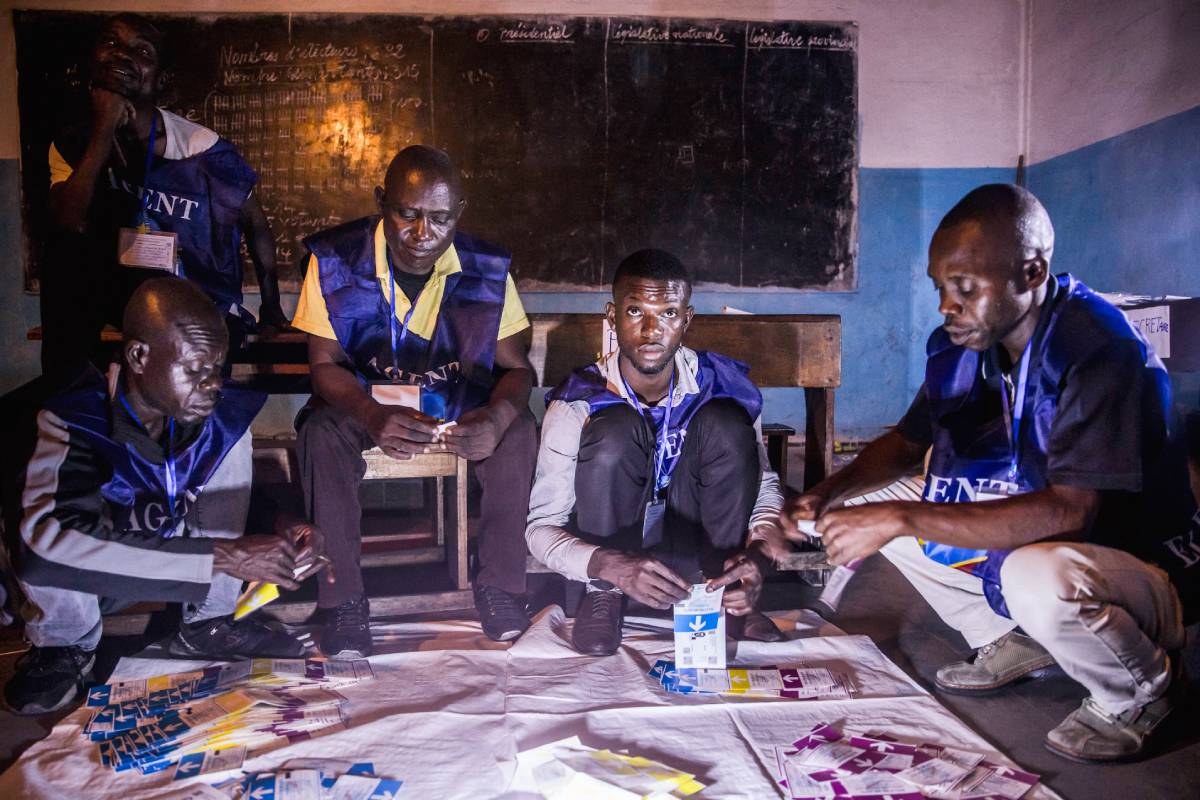
Polling officials count votes in a school in Kinshasa during the 2018 general elections. (Photo: AFP/Luis Tato)
The 2018 DRC polls were a golden opportunity to advance those aspirations. Congolese voters overwhelmingly rejected former President Joseph Kabila’s handpicked successor, Emmanuel Ramazani Shadary, despite a highly unbalanced electoral process. These elections momentarily offered an example of how citizens can defeat entrenched incumbents determined to hang onto power by turning up in such numbers as to overwhelm the obstacles deployed against them.
Independent electoral watchers, including the National Episcopal Conference of Congo (CENCO), which deployed 40,000 observers to the majority of the country’s 70,000 polling stations and produced an independent tally, indicated that the winner of the presidential election by a commanding margin was the leading opposition candidate, Martin Fayulu. However, after an apparent deal with Kabila, Félix Tshisekedi, the son of the venerated democracy champion Étienne Tshisekedi, was declared the winner of those polls.
After initially questioning the results, the Southern African Development Community (SADC), the African Union (AU), and international democratic actors declined to demand a recount as called for by CENCO and many governments.
The DRC’s legacy of opaque governance has persisted.
While Tshisekedi has established some independence from his predecessor’s stranglehold on state institutions, the DRC’s legacy of opaque governance has persisted. The classified security budget has increased almost tenfold—a major concern considering the DRC’s notoriously corrupt and unaccountable security sector. Tshisekedi and his family have been accused of benefitting from opaque deals with Chinese businesses for access to copper, cobalt, and diamonds. And Tshisekedi has faced criticism for not doing enough to address the capture of state institutions by private interests like the embezzlement of $3.7 billion in public funds by internationally sanctioned mining magnate, Dan Gertler, through Kabila-endorsed contracts.
Congolese citizens are also upset by what they call a lack of transparency over the negotiations involving a massive $6 billion resources-for-infrastructure deal between the DRC and various Chinese state-owned companies that would allow them to mine cobalt, copper, and other minerals in exchange for infrastructure investments. This so-called “deal of the century” was first negotiated under Kabila.
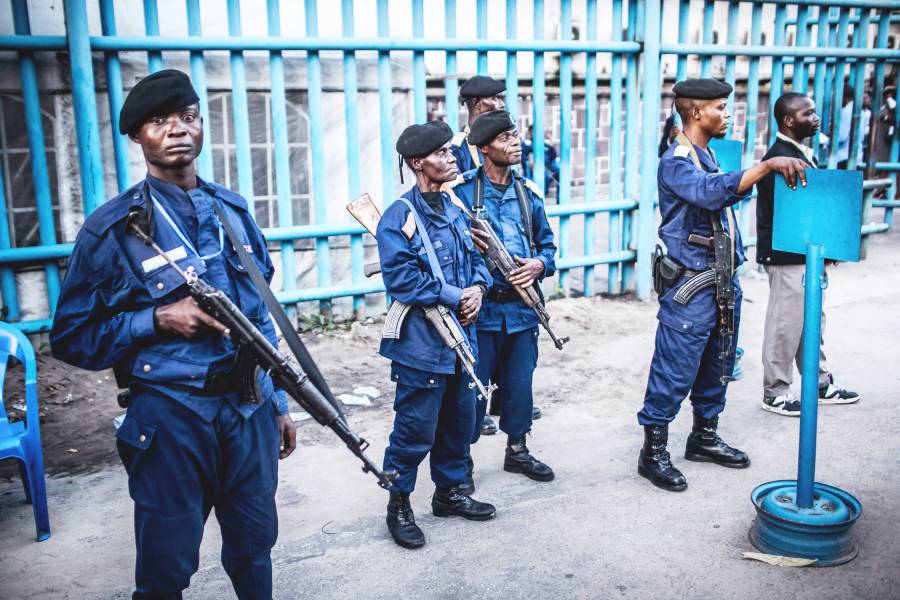
DRC police standing guard outside the electoral commission (CENI). (Photo: AFP/Luis Tato)
Concerns are likewise growing that the DRC’s long legacy of electoral malpractice will endure in 2023. Tshisekedi has packed the Independent National Electoral Commission (CENI) with loyalists, including its president, Denis Kadima Kazadi, a key strategist for Tshisekedi’s Union for Democracy and Social Progress (UDPS). Tshisekedi also modified the allocation of seats within CENI in a way that observers feel benefits the ruling party. CENI, meanwhile, has failed to adopt electoral best practices that would require tallying and announcing results at each polling center, which increases transparency and reduces the opportunity for rigging during the aggregation process.
Tshisekedi has similarly been criticized for making three judicial appointments to the Constitutional Court by executive order in October 2020. He now has a majority of appointees in a key body that will be expected to hear electoral disputes. The government has, furthermore, been questioned for declaring a “state of siege” in North Kivu and Ituri—strong opposition strongholds—which amounts to martial law.
Tshisekedi now has a majority of appointees in a key body that will be expected to hear electoral disputes.
The sentencing in September 2023 of presidential candidate and former Tshisekedi ally, Jean-Marc Kabund, to 7 years imprisonment on charges including insulting the President harkens back to the arbitrary enforcement of laws typical of DRC’s autocratic past. So does the arrest of Salomon Kalonda, a top advisor to presidential aspirant, Moïse Katumbi, for undermining state security after an opposition march in May. The shooting death of opposition spokesman, Chérubin Okende, in July sent shockwaves around the country.
Such is the fraught environment leading up to the 2023 polls.
One Step Forward, Two Steps Back?
While Félix Tshisekedi’s election in 2018 was mired in controversy he still evoked hope for genuine change, given the kleptocratic Kabila regime. However, he has been dogged by the same problems that characterized Kabila’s rule—uncontrolled corruption, state capture, patronage, and abuse of state resources.
Given the concerns that the DRC is heading for another fraudulent election, Congolese citizens are attempting to hold the government accountable. CENCO is at the forefront of many of these initiatives. In August 2023, it offered its technical expertise to CENI to conduct what it called a “citizen audit” of the voter register.
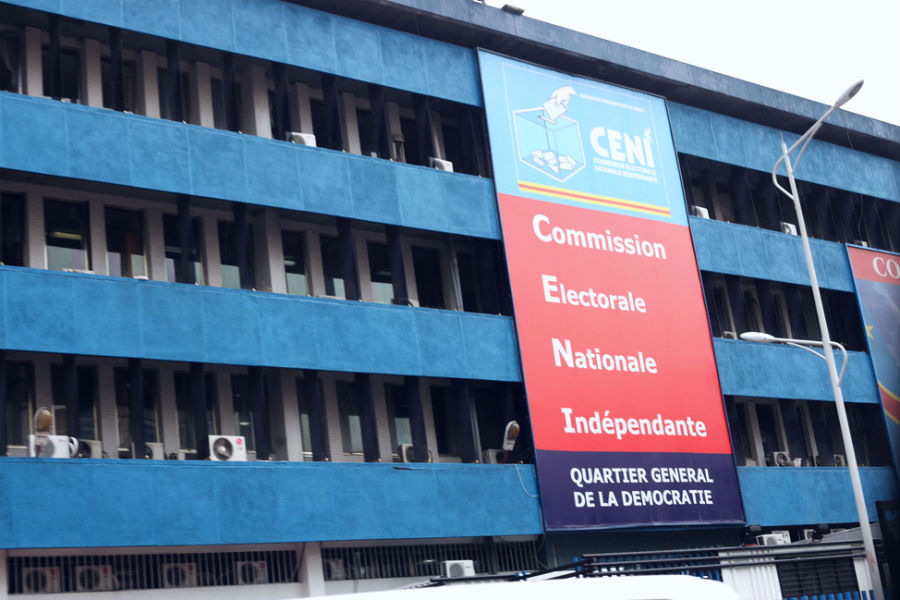
Headquarters of the Independent National Electoral Commission (CENI). (Photo: MONUSCO)
The offer for such an audit was precipitated by CENI’s statement in January that it enrolled only 7 million voters from 10 provinces, triggering immediate suspicion of fraud. Over 38 million Congolese citizens registered to vote in 2018 across the country’s 26 provinces. For several months, CENI reportedly refused to release the voter register as required by the Constitution. Then in April it said it had registered 47 million out of 49 million eligible voters, triggering more suspicion.
CENCO’s technical and organizational capacity to conduct an exercise as complex as verifying a voter register is not in doubt. It deployed observers to a majority of polling stations in the last two polls and conducted tallies at a faster pace than CENI as observed in 2018. Congo’s Conference of Catholic Bishops, which runs CENCO, is a respected voice that has played a leading role in the country’s democratization over the past 60 years, including brokering high-level talks among politicians.
Other notable civil society organizations include the local chapter of the African Association for the Defence of Human Rights (ASADHO), Fight for Change (LUCHA), and Justice for You (Justice Pour Tous), which monitor human rights abuses around elections. Whistleblowers (Filimbi) and African Resources Watch (AFREWATCH) campaign for the stewardship of public resources and fighting corruption. The League of Voters (La Ligue des Electeurs), the National Circle for Reflection of Youth, and Lawyers in Action (Juriste en Action) provide civic and human rights education.
The DRC has developed a vibrant and enduring civil society movement demanding genuine democracy and greater government transparency.
They form part of a national coalition of 61 local organizations that came together on March 17, 2022, to warn that the upcoming polls were unlikely to be free and fair due to a host of irregularities and “violations of fundamental procedures, all amid suspicions of corruption.” They vowed to serve as “guardians,” documenting the polls and monitoring the extent to which they met constitutional standards.
The “state of siege” in Ituri and North Kivu has severely disrupted voter registration there and lends itself to more violence as militant actors seek to capitalize on voter disenfranchisement. The emergency declaration, meanwhile, has failed to stem attacks against civilians. In 2022, more than 1,800 civilians were killed and thousands injured in the two regions and South Kivu.
The Candidates and Their Messages
DRC elections are run on a first-past-the-post plurality system. With a crowded field of candidates, this means that a winner may command significantly less than a majority of the popular vote, an arrangement that often favors the incumbent.
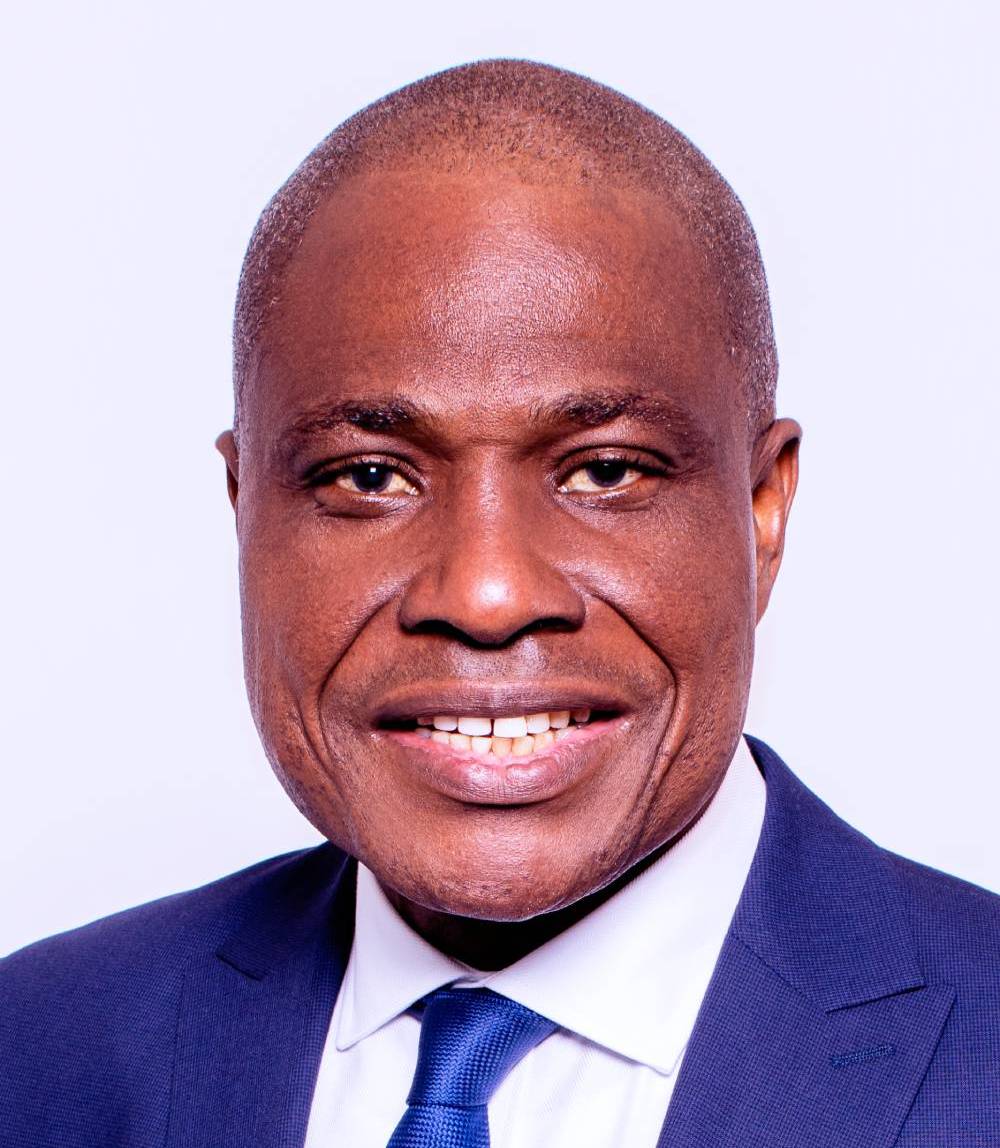 Martin Fayulu, a former oil executive, is the main opposition contender. He is running on a platform of democratic reform, uprooting state capture and patronage, attracting new investments, and facilitating a national consensus among social and political forces. These are the same messages he campaigned on in 2018 when he was widely believed to have won with 59 percent of the vote. His Engagement for Citizenship and Development party has strongholds in Bandundu, Kongo Central, Equateur, Katanga, North Kivu, Orientale, and the capital, Kinshasa.
Martin Fayulu, a former oil executive, is the main opposition contender. He is running on a platform of democratic reform, uprooting state capture and patronage, attracting new investments, and facilitating a national consensus among social and political forces. These are the same messages he campaigned on in 2018 when he was widely believed to have won with 59 percent of the vote. His Engagement for Citizenship and Development party has strongholds in Bandundu, Kongo Central, Equateur, Katanga, North Kivu, Orientale, and the capital, Kinshasa.
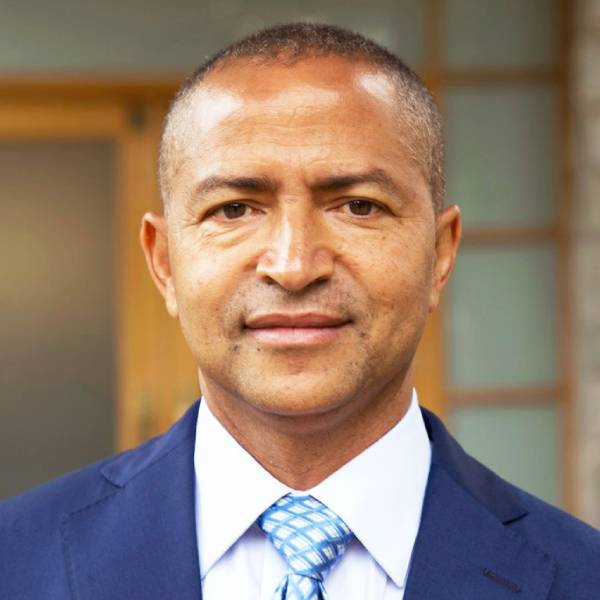 Moïse Katumbi, the former Governor of Katanga Province under Kabila, who backed Fayulu in 2018, is another main contender. In July 2021, the ruling UDPS-dominated parliament introduced a bill to restrict the presidency to nationals with two Congolese parents (Katumbi’s father is a Sephardic Jew from Greece). Protests erupted in North Kivu, Ituri, the western provinces of Kongo Central, and Kinshasa—key strongholds of Katumbi’s Together for the Republic party—in response to the bill. Katumbi is running on a message of good governance, transparency and accountability, and new investments.
Moïse Katumbi, the former Governor of Katanga Province under Kabila, who backed Fayulu in 2018, is another main contender. In July 2021, the ruling UDPS-dominated parliament introduced a bill to restrict the presidency to nationals with two Congolese parents (Katumbi’s father is a Sephardic Jew from Greece). Protests erupted in North Kivu, Ituri, the western provinces of Kongo Central, and Kinshasa—key strongholds of Katumbi’s Together for the Republic party—in response to the bill. Katumbi is running on a message of good governance, transparency and accountability, and new investments.
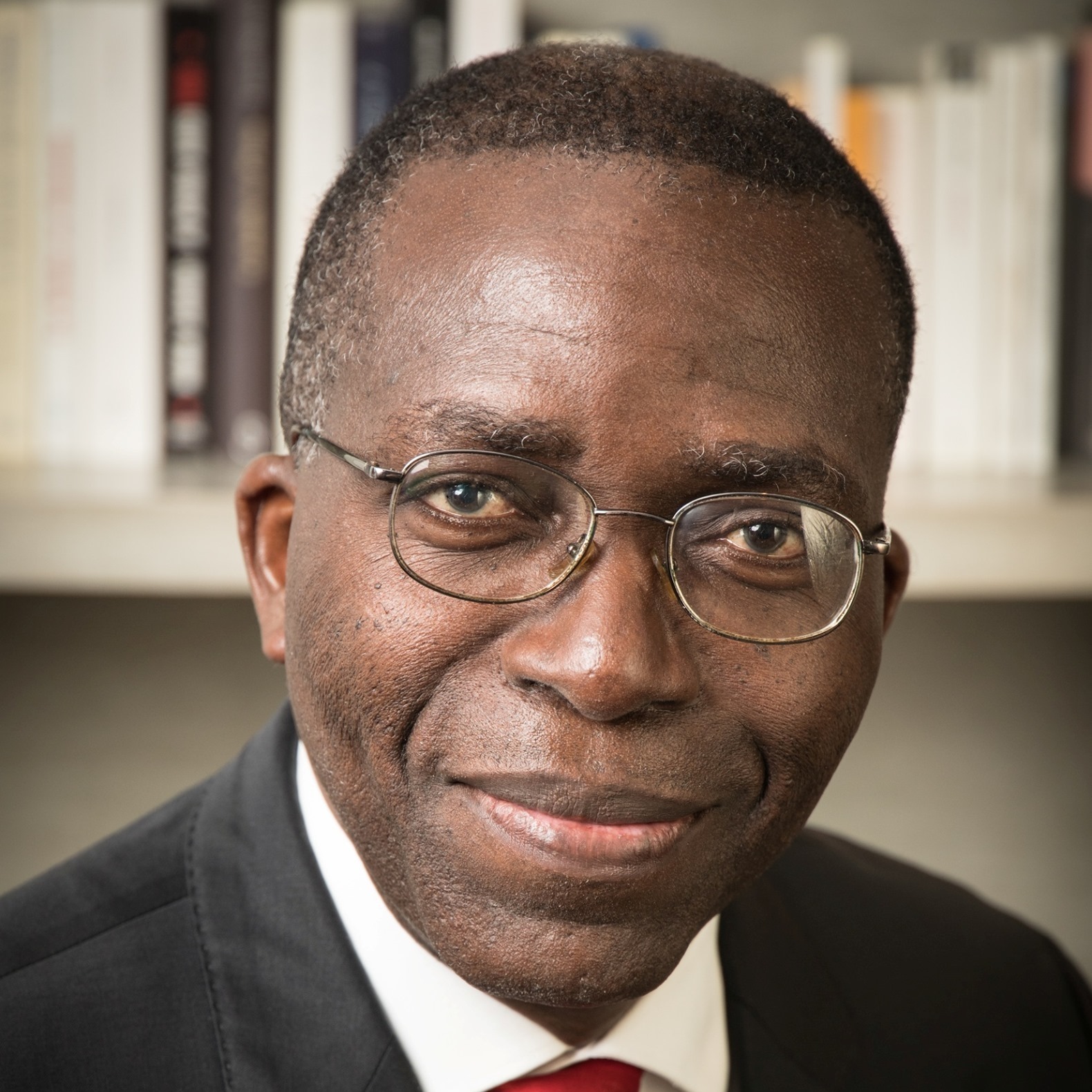 Former Prime Minister Augustin Matata Ponyo, a one-time confidante of President Tshisekedi, is running on a platform of restoring faith in the public service and fostering good governance. He has associated himself with the vision of Patrice Lumumba, Congo’s first democratically elected prime minister, who was assassinated shortly after taking office in 1960. However, his candidacy hangs in the balance as he has been indicted on embezzlement charges, which he says are trumped up to disqualify him.
Former Prime Minister Augustin Matata Ponyo, a one-time confidante of President Tshisekedi, is running on a platform of restoring faith in the public service and fostering good governance. He has associated himself with the vision of Patrice Lumumba, Congo’s first democratically elected prime minister, who was assassinated shortly after taking office in 1960. However, his candidacy hangs in the balance as he has been indicted on embezzlement charges, which he says are trumped up to disqualify him.
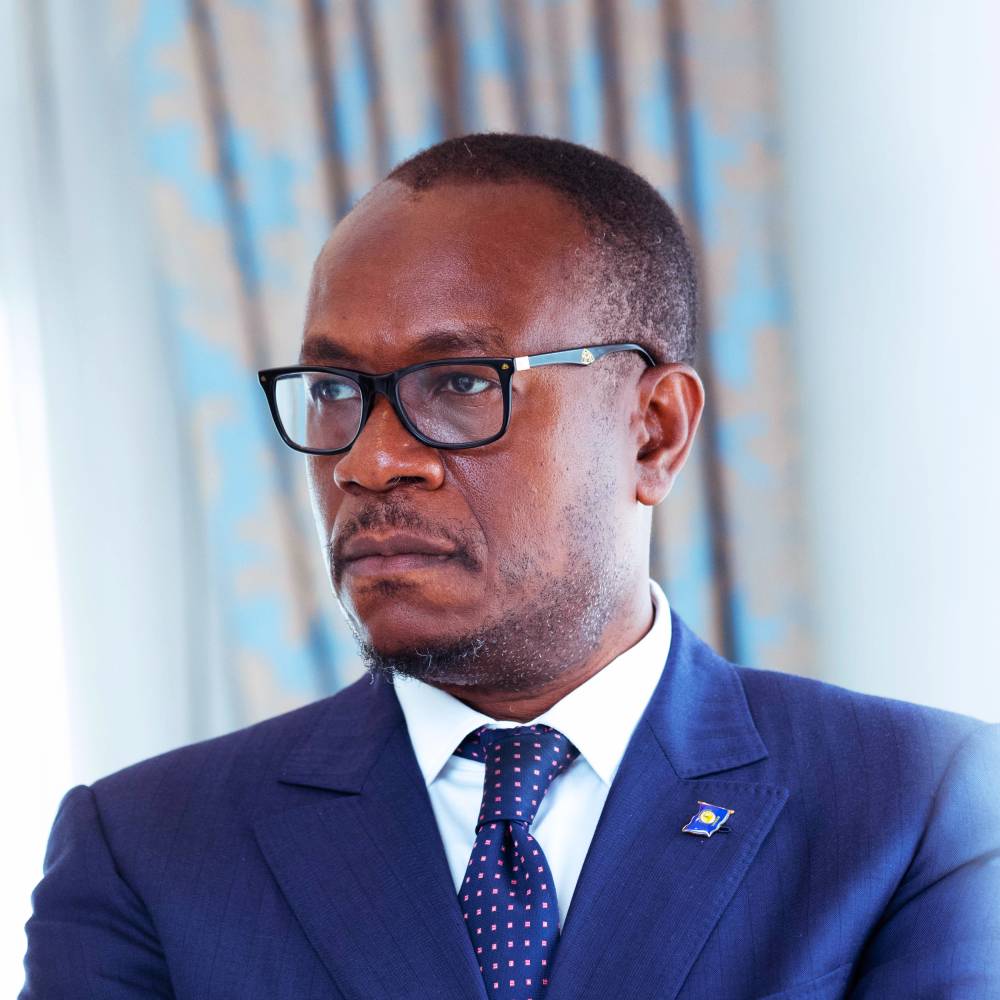 Delly Sesanga Hipungu, a parliamentarian representing Kasaï-Central and a former minister of planning, coordinated Katumbi’s coalition of 16 parties for the aborted 2016 polls (subsequently delayed until 2018). He joined Tshisekedi during the 2018 polls but fell out with him over what he calls the “regression of democracy.” He is campaigning on a platform of strengthening constitutionalism. He has worked on constitutional and police reform, decentralization, and administrative justice.
Delly Sesanga Hipungu, a parliamentarian representing Kasaï-Central and a former minister of planning, coordinated Katumbi’s coalition of 16 parties for the aborted 2016 polls (subsequently delayed until 2018). He joined Tshisekedi during the 2018 polls but fell out with him over what he calls the “regression of democracy.” He is campaigning on a platform of strengthening constitutionalism. He has worked on constitutional and police reform, decentralization, and administrative justice.
DRC’s Independent Institutions under Strain
All four leading opposition candidates have complained that the country’s independent institutions cannot be trusted given their partisan composition and how they have handled the electoral process so far. CENI, the judiciary, and the security sector have all faced criticism.
CENI rejected the proposal for an independent audit of the voter register. Instead, it procured the services of Janet Love, a former member of South Africa’s Independent Electoral Commission and an active member of South Africa’s ruling African National Congress (ANC) who gave the register a clean bill of health. Love and CENI President Denis Kadima had worked together at the Electoral Institute for Sustainable Democracy in South Africa before Kadima became an advisor to Tshisekedi.
The security services have cracked down on opposition candidates ahead of the polls.
The judiciary has ruled in favor of the government each time a controversial case has been brought before the courts, such as the imprisonment of Jean-Marc Kabund for “insulting the President.” The security services, meanwhile, have cracked down on opposition candidates ahead of the polls. On May 29, police violently broke up a demonstration organized by Fayulu, Katumbi, and Sesanga in Kinshasa to draw attention to unrelenting police brutality against the opposition. Over 30 people were seriously injured.
The next day, military intelligence arrested Katumbi’s top advisor, Salomon Kalonda, on the airport tarmac. He now languishes in Ndolo military prison, having been charged with treason for allegedly being in contact with the M23 rebel group. This despite the military not having powers of arrest under Congolese law and it being illegal for civilians to be held in military facilities.
President Tshisekedi publicly congratulated the police chief who oversaw the police operation that broke up the opposition march, sending a message that such acts will be tolerated. On June 10, members of the Republican Guard, which protects the president, arrested a lesser-known presidential candidate, Franck Diongo, and also held him at Ndolo military prison before releasing him after a month without charge. Ten days later, Chérubin Okende, a member of Parliament and spokesperson for Katumbi’s party, was found dead in his car with gunshot wounds to his body.
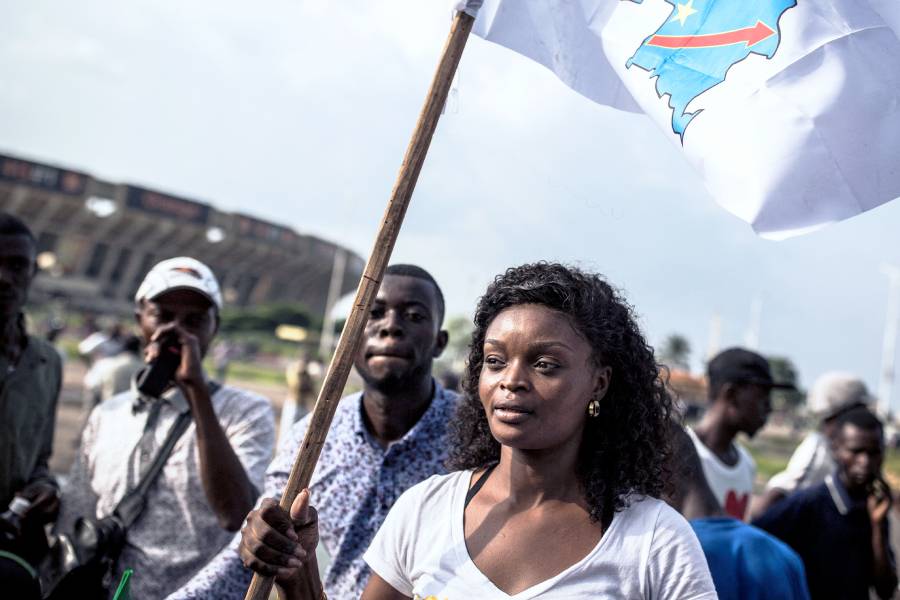
Congolese youth are determined to have their voices heard in 2023. (Photo: AFP/John Wessels)
SADC, the AU, the European Union, and the Carter Center will send observer missions to the DRC. The Japanese government and the UN Development Program have provided funding and technical expertise to organize elections in the conflict-hit regions of Ituri, North Kivu, and South Kivu, and to strengthen local conflict prevention capacity through civil protection and peace mechanisms.
These regional and international actors are also under scrutiny, however. In the recently concluded Zimbabwean elections, which all electoral observing missions including SADC deemed to not meet minimum thresholds of credibility, regional bodies have not yet taken any action to reject the results or demand a recount or rerun. This harkens back to DRC’s 2018 polls where, despite the overwhelming evidence of fraud, individual governments quickly accepted the Tshisekedi-Kabila deal, even though the AU was in the process of sending a fact-finding delegation. This undercut the DRC’s most direct path toward establishing stability, trust, and improved governance.
Pathways to Stability
Jean-Bosco Lalo, president of the Council of the Apostolate of Catholic Laity of Congo (CALCC), warned in June that the state of election preparations in the DRC are rife with “serious problems, some technical, and some deliberate, which call into question the integrity of the process. The people of the DRC will not brook another fraudulent election.” He was speaking at a meeting of Congolese stakeholders hosted by the Kofi Annan Foundation to review a major study of the state of election preparations by the Catholic and Protestant Churches.
Reformers have highlighted several urgent priorities to ensure the credibility of the vote and avert the potential instability that may otherwise result.
- CENI should work with all stakeholders, especially drawing on CENCO’s deep technical expertise and credibility, to ensure the integrity of the voter register.
- Candidates should be allowed to send observers to monitor the polling stations, key electoral institutions, and the vote tallying at each juncture of the tabulation process.
- Election monitors should be empowered to monitor all phases of the polls, including the pre- and post-electoral environment.
- Civil society should be supported to expand their community conflict incident and response mechanisms, particularly in hotspots.
- Regional and international actors, especially SADC and the AU, should join local actors in demanding accountability at each stage. The regional bodies, with the backing of international actors, should commit to not allowing another fraudulent poll and to developing contingencies should an unsupported result be announced.
Additional Resources
- Stephen R. Weissman and Anthony Gambino, “Washington Must Not Allow Another Stolen Election in Congo,” Foreign Policy, September 18, 2023.
- Global Centre for the Responsibility to Protect, “Democratic Republic of the Congo” Populations at Risk Country Profile, August 31, 2023.
- Congolese Conference of Catholic Bishops, “Summary Assessment of the Congolese Conference of Catholic Bishops on the State of the DRC’s Preparations for the December 2023 General Election,” August 8, 2023.
- Joseph Siegleand Candace Cook, “Africa’s 2023 Elections: Democratic Resiliency in the Face of Trials,” Spotlight, Africa Center for Strategic Studies, January 31, 2023.
- Tom Wilson, David Blood, and David Pilling, “Congo Voting Data Reveal Huge Fraud in Poll to Replace Kabila,” Financial Times, January 15, 2019.
- Paul Nantulya, “Stability in the Democratic Republic of the Congo beyond the Elections,”Spotlight, Africa Center for Strategic Studies, November 28, 2018.
- Alix Boucher, “Elections in the Democratic Republic of the Congo Falling Short of Credible,” Spotlight, Africa Center for Strategic Studies, December 14, 2018.
More on: Democracy

